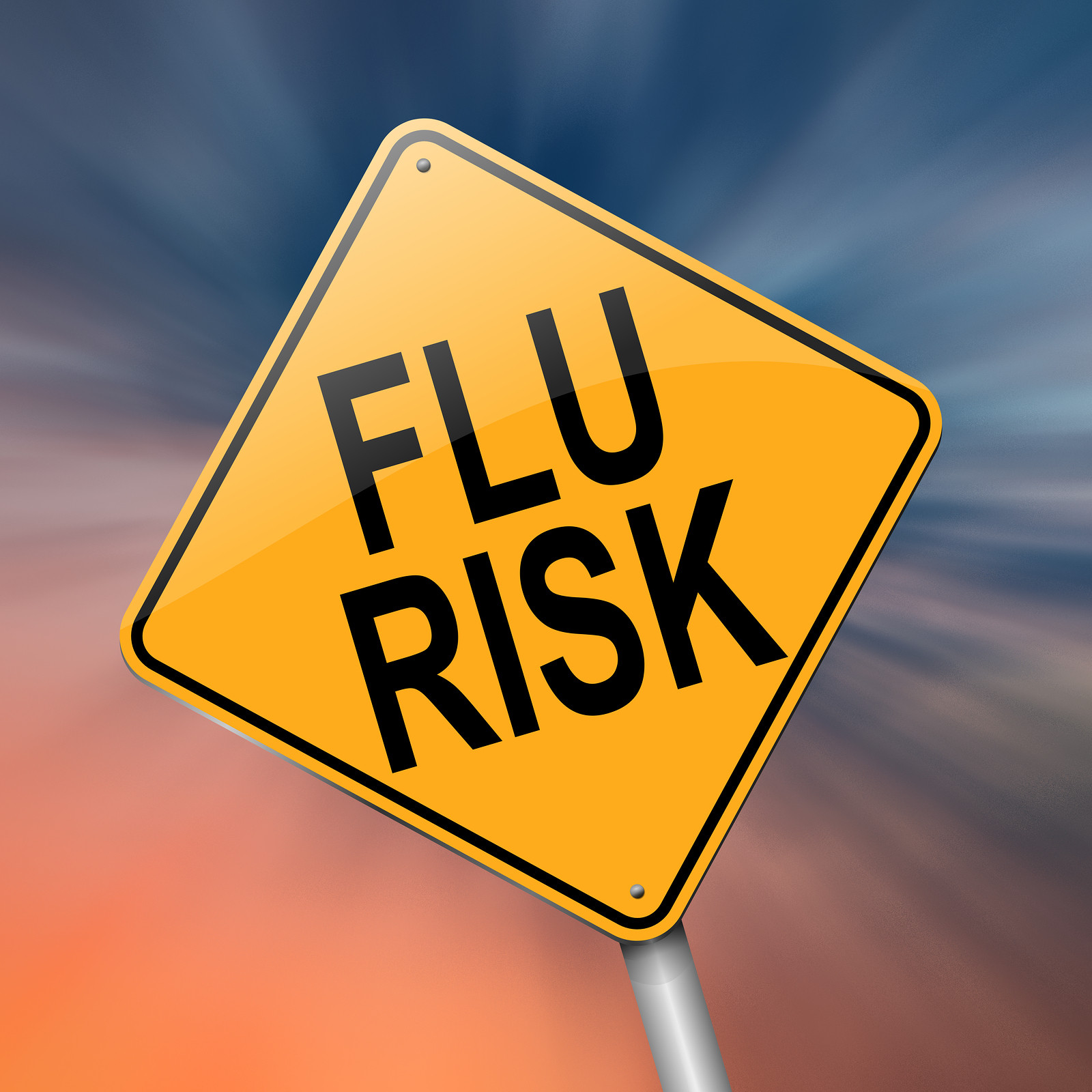
What can magnesium do for you and how much do you need?

Dry socket: Preventing and treating a painful condition that can occur after tooth extraction

What happens during sleep �� and how to improve it

How is metastatic prostate cancer detected and treated in men over 70?

Could biofeedback help your migraines?

Plantar warts: Options for treating this common foot condition

Cancer survivorship: What comes next after treatment

Nutritional yeast: Does this savory, vegan seasoning pack a nutritional punch?

Salmonella is sneaky: Watch out

Two jobs may lower the odds of dying from Alzheimer's disease �� but why?
Cold & Flu Archive
Articles
What you should know about antiviral drugs
Flu season still has a few months left, and it is not too late to get a flu shot if you have not done so already.
Image: Thinkstock
They may help reduce symptoms of the flu, but they're not for everyone.
In the journals: Flu-fighting drugs don't prevent spread to others
If you start taking an antiviral medication after catching the flu, will it keep your family members from catching the bug, too? Maybe not, according to a study in The Journal of Infectious Diseases.
The prescription antivirals oseltamivir (Tamiflu) and zanamivir (Relenza) can cut a case of the flu short by suppressing the virus's overpowering urge to copy itself inside you. Less viral "shedding" by the body could, hypothetically, make it less likely that people who live in the same house will also get sick.
Kids and flu shots: Two common myths
“Last time I got the flu shot, it actually made me sick!” “My kids are perfectly healthy. They’ll be fine.” You’ve probably heard a version of these two before. These flu shot myths are so persistent that they prevent countless numbers of people from getting vaccinated each year. We’ve debunked these claims here to help you make your flu shot decision based on facts �� not myths.
Ask the doctor: High-dose flu vaccine: Is it better?
Ask the doctor
Q. I heard there is a high-dose flu vaccine that could work better in older people. Is it safe even if a man has a medical problem like cancer or heart disease?
A. The high-dose flu vaccine is very similar to the standard flu vaccine but appears to provide slightly better protection against influenza. Both vaccines target three different strains of the flu virus, selected from the most common strains predicted to be circulating that year. The viruses are inactivated, or killed, so they cannot cause the flu, even in people with weakened immune systems. Finally, both vaccines can cause mild symptoms of arm pain, redness, muscle aches, or low-grade fever. Although most people have minimal to no symptoms, the high-dose vaccine may slightly increase the side effects.
Flu vaccination: Win some, lose some
If you got the flu shot last year and it didn't work, don't reject vaccination.
During last year's battle of The People vs. Influenza, the virus gained the upper hand. Early in the 2014��15 flu season, a new strain of the virus emerged against which the existing vaccine offered virtually no protection. Hospitalizations for flu in older adults spiked to the highest level in a decade.
This year’s flu vaccine “disappointing�� against main flu virus
Some years the flu vaccine works quite well. Other years it doesn’t. It has done a particularly poor job this year against the main flu virus. The CDC reported yesterday that this year’s flu vaccine has been just 18% effective. The estimate for children is even lower. And it looks like the nasal spray vaccine may not have worked at all among children. One reason for this year’s mismatch between virus and vaccine is that experts must decide months in advance which of the hundreds of flu viruses to include in the vaccine. What became the dominant flu virus this year, a new strain of H3N2 influenza A, wasn’t around last year when experts were determining this year’s vaccine.

What can magnesium do for you and how much do you need?

Dry socket: Preventing and treating a painful condition that can occur after tooth extraction

What happens during sleep �� and how to improve it

How is metastatic prostate cancer detected and treated in men over 70?

Could biofeedback help your migraines?

Plantar warts: Options for treating this common foot condition

Cancer survivorship: What comes next after treatment

Nutritional yeast: Does this savory, vegan seasoning pack a nutritional punch?

Salmonella is sneaky: Watch out

Two jobs may lower the odds of dying from Alzheimer's disease �� but why?
Free Healthbeat Signup
Get the latest in health news delivered to your inbox!
Sign Up







